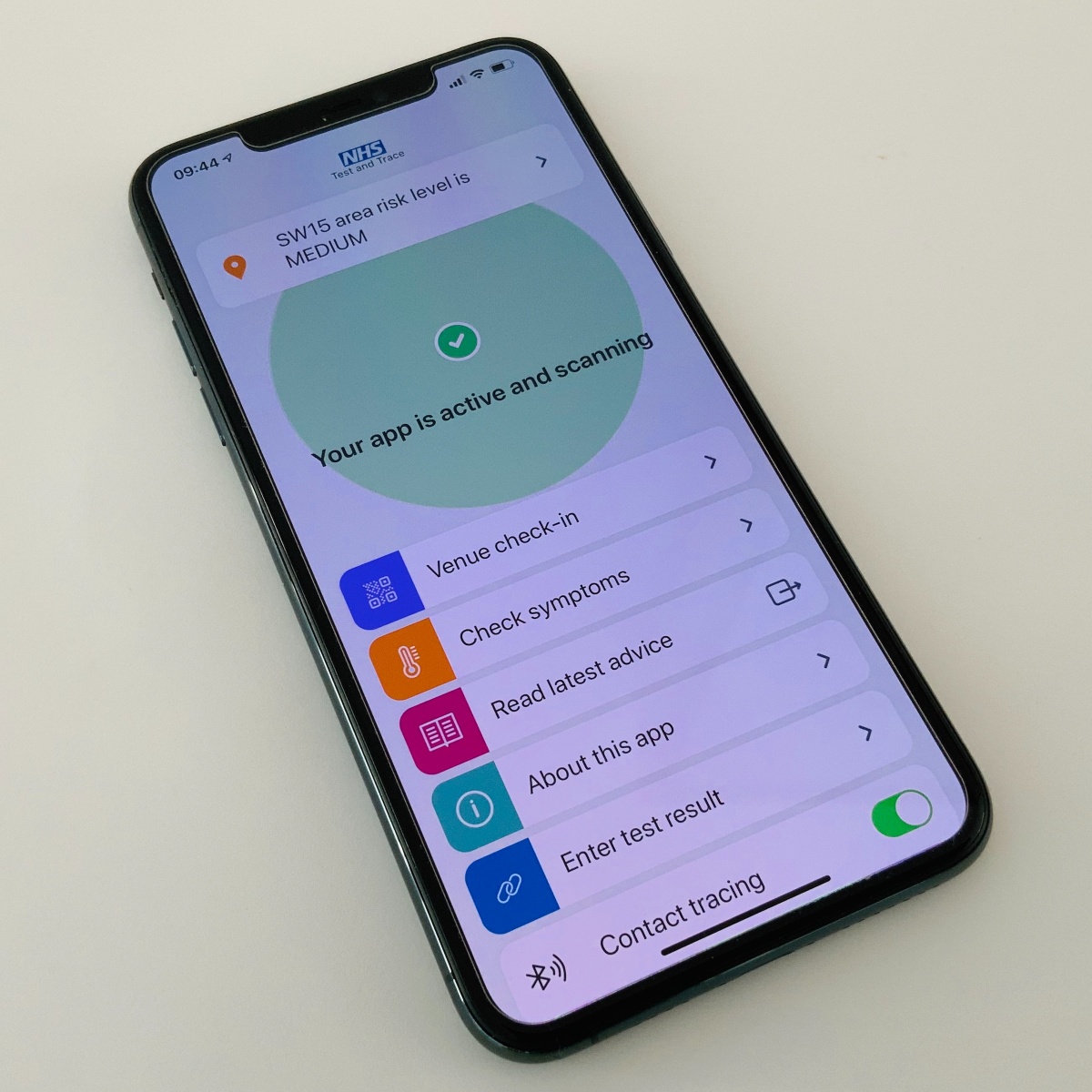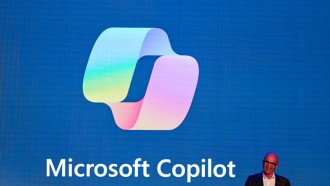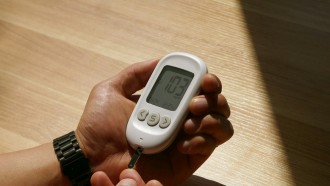
We are living in a time where technology dominates our lives. Smartphones, laptops, tablets and wearable devices have become a part of our routines making it easier for us to accomplish tasks and stay connected. However our increased reliance on technology does not affect our productivity. Also has significant impacts on our physical and mental well being.
While these tech devices offer convenience it's essential to recognize that constant exposure to screens and excessive stimulation can have effects on our health. On the other hand , emerging digital health innovations provide opportunities to monitor vital signs, encourage healthier habits and improve access to healthcare services.
So how can we find the balance? According to The Root Ambassador the key lies in integrating technology so that we can harness its benefits while minimizing any drawbacks. In this guide we will explore the intersection of technology and wellness offering strategies for using tech to enhance. Rather than compromise. Your health.
The Impact of Technology on Physical Health
Our bodies aren't designed to remain sedentary for periods of time. However with work and leisure activities involving prolonged screen time while sitting slouched over devices we become more susceptible, to discomfort eye strain, disrupted sleep patterns and other related issues.
Indeed the excessive use of technology has been connected to risks of obesity, heart disease, diabetes and other chronic illnesses. A significant study has shown that prolonged sitting can significantly reduce life expectancy irrespective of exercise routines. It's quite alarming!
However there's no need to lose hope. While improper utilization of technology can have an impact on health, digital advancements also empower us to be more active, make healthier choices and effectively manage medical conditions.
For instance fitness trackers keep track of our steps. Encourage us to get up and walk throughout the day. Smartwatches gently remind us to correct our posture. Meditation and sleep apps assist in relaxation. Establishing sleep patterns. Furthermore virtual physical therapy sessions enable patients to undergo rehabilitation exercises from the comfort of their homes.
By promoting movement and activity technological devices can complement lifestyle habits. The key lies in limiting screen time while purposefully utilizing technology to foster well being. Simple adjustments like scheduling walking meetings incorporating exercise during video calls or setting smartphone reminders to stand up regularly can make a difference.
Mental Health Implications of Technology
Beyond its consequences excessive technology use also impacts our well being in equally detrimental ways. Frequent engagement with the media has been linked with increased anxiety and depression levels- among adolescents.
Psychologists link internet addiction disorder to mood fluctuations difficulties, in controlling impulses and feelings of loneliness. While social isolation existed before the age, relying on online connections has worsened the issue for some people. The constant distractions from devices can also shorten attention spans, hinder learning and induce stress.
However just as we prioritize our health we can utilize technology in a manner to enhance our mental well being. For example AI driven chatbots can provide access to health counselors when face to face visits are not feasible. Social networks with peer support communities help counteract isolation by connecting individuals facing challenges.
Taking a break from screens for an hour can offer much needed relief for our minds. Leaving smartphones behind while engaging in activities exercising or spending time with others aids in reducing anxiety and promoting mindfulness. Implementing website blockers to limit social media usage during work hours can increase productivity and concentration well.
Of perceiving technology as a threat to mental health we should use it selectively to enrich rather than overwhelm our inner lives. Again finding balance is crucial.
Key Areas of Innovation in Digital Health
Emerging technologies bring about opportunities for monitoring wellness providing healthcare services and gaining insights into health related matters.
Digital health tools have revolutionized healthcare by expanding access to care and empowering individuals to take control of their well being. Let's explore some of the innovations in this field.
Telemedicine
One significant advancement is telemedicine, which allows patients to have consultations with doctors through video chat. This has become particularly important during the COVID 19 as it offers convenience and accessibility to those who're unable to visit a doctor in person or prefer to avoid crowded waiting rooms. Telemedicine also extends beyond doctor visits enabling sessions for physical therapy, psychotherapy and nutrition counseling
The Rise of Health Apps
Another exciting development is the rise of health apps and wearable devices such as smartwatches and fitness bands. These technologies allow us to monitor health metrics like heart rate, sleep patterns, diet and exercise habits. Wearables enable individuals with conditions to track their health status while sharing data with healthcare providers. Additionally mobile health apps provide nudges towards lifestyles.
Health Records
The implementation of health records (EHRs) has been instrumental in improving patient care. EHRs centralize patient data reducing duplication and minimizing errors. Moreover through data analytics on these records healthcare systems can gain insights into population health trends that can enhance care coordination, outcomes and cost effectiveness.
Patient engagement portals connected to EHRs are another innovation in health. These web based portals allow patients easy access to their records on demand and offer services such as prescription refills, lab result viewing, self scheduling appointments and secure messaging with healthcare providers.
Monitor Remotely
Such conveniences enhance empowerment and satisfaction by providing benefits. One such benefit is the ability of clinicians to remotely monitor signs, review symptoms. Even conduct virtual physical exams through telehealth solutions. This is particularly beneficial, for rural patients as it expands their access to quality care.
AI Machine Learning
The utilization of AI, machine learning and predictive analytics further enhances healthcare. Sophisticated algorithms analyze patient data to reveal insights and customize treatment plans. Additionally AI chatbots streamline tasks while machine learning enables medical imaging analysis. Predictive analytics also helps identify patients who are prone to high risk conditions.
While privacy concerns and biases must be taken into account, responsible deployment of AI and machine learning can greatly improve decision making. Increase the efficiency of health systems.
Promoting Digital Wellness and Literacy
In order to achieve tech enabled wellness it is important to be mindful of pitfalls associated with emerging health technologies. Developing literacy skills and adopting usage habits are key factors in promoting digital wellness. Here are some best practices;
1. Set limits on screen time to prevent mental strain. Avoid using devices at 30 minutes before bedtime or during meals.
2. Before adopting health apps or wearables ensure they have been vetted for effectiveness and data privacy protections. When interpreting self tracked health data seek guidance from trusted professionals.
3. Evaluate the impact of the media, on mood and relationships carefully.
By following these practices individuals can make the most out of emerging health technologies while minimizing any consequences they may pose.
To promote a lifestyle it's important to limit exposure to content or activities that can trigger feelings of envy or anxiety. Start teaching children habits from an early age by setting an example with screen free bonding and moderate technology use. Additionally keep an eye on your children's technology consumption. Educate them about safety.
It is crucial to support policies that encourage the development of AI and prevent algorithms in healthcare settings that could worsen existing disparities. Implementing regulations is necessary to protect the privacy of health data while still allowing sharing of information.
We should also focus on advancing literacy and access among marginalized communities. Telemedicine and mobile health tools need to be designed in order to serve populations effectively.
By using technology and implementing safeguards we can harness its potential to promote health equity for everyone.
The Future of Integrated Health Tech
Looking into the future we can expect changes in the way healthcare is accessed and delivered due to advancements in the health ecosystem. Imagine a world where personalized wellness advice is offered by health bots augmented reality assists in surgeries and big data insights help predict and prevent diseases.
Integrated systems that facilitate sharing of health data have the potential to address care fragmentation while expanding possibilities. However challenges related to interoperability must be overcome, along with concerns about privacy issues and excessive dependence on technology.
One thing that seems certain is that healthcare will become a hybrid of virtual services thanks to technologies. Already providers are developing roadmaps for health adoption in order to stay competitive.
Investing in accessible patient engagement platforms as well as flexible care delivery models is vital for the long term success of health systems. Although we have only just started on this journey the potential seems limitless. It is evident that both patients and healthcare providers cannot afford to overlook the power of utilized healthcare technology.
To Summarize
Integrating technology requires mindfulness in order to unlock mental health. Whether its wearables that encourage activity or virtual reality simulations that could revolutionize medical training technology has the ability to enhance how we take care of our bodies and minds when used thoughtfully.
However we must also be cautious about screen time ensure privacy when handling health data and address disparities in access to and understanding of technology, among populations. Striking this balance will allow us to harness the benefits of technology while safeguarding well being.
By staying informed about innovations developing technological habits and advocating for inclusive policies we can achieve positive health outcomes. Lets embrace technology together to create a future where wellness thrives.
* This is a contributed article and this content does not necessarily represent the views of techtimes.com





